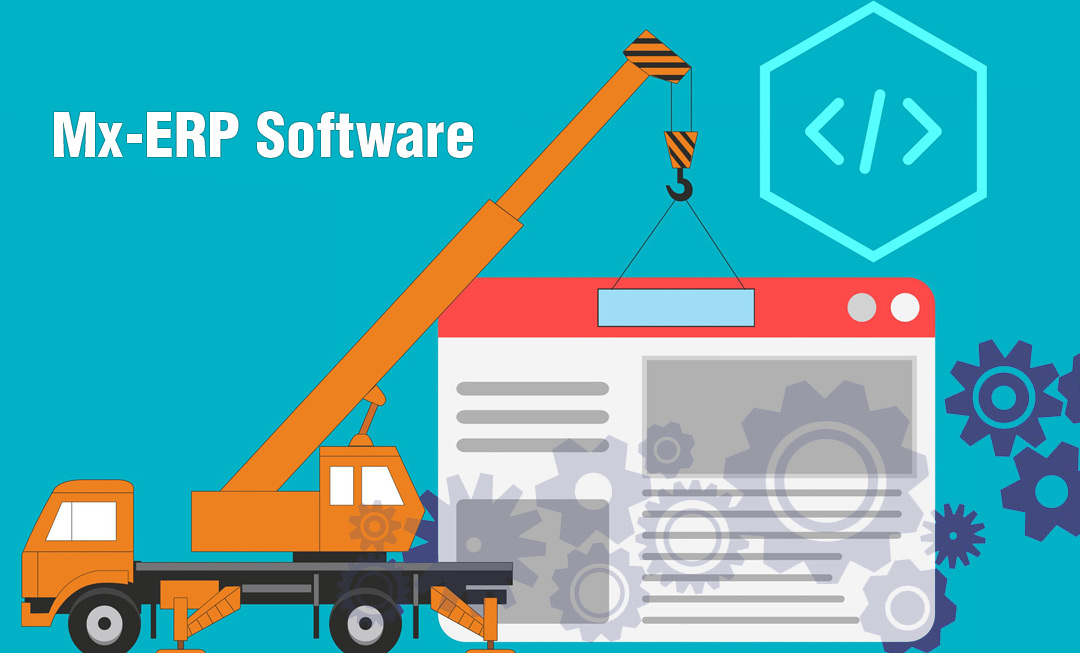
ERP software is one of the most important business tools available in today’s competitive market. It brings to the table a host of benefits that ranges from cost-efficiency to increased production, lower site visits and better quality control.
How ERP Software Works
Enterprise Resource Planning software is designed to help businesses streamline and automate their operations. By integrating all of the different parts of a business into one system, ERP software can help businesses save time and money.Here's a closer look at how ERP software works:
- Collects data from various sources: In order to make your business more efficient, ERP software needs to have access to data from all parts of the operation. This data is then used to generate reports that can help you identify areas of your business that need improvement.
- Helps you keep track of your inventory: One of the most important functions of ERP software is helping businesses keep track of their inventory levels. By having real-time visibility into your inventory, you can avoid stockouts and ensure that you have the right products on hand at all times.
- Automates processes: Another key benefit of ERP software is that it can automate many of your business's processes. This means that you can spend less time on manual tasks, and more time on things that will grow your business.
- Generates actionable insights: Perhaps the most important function of ERP software is generating insights that you can use to improve your business. By analyzing your data, ERP software can help you identify trends and patterns that you can use to make better decisions about your business.
Why You Need ERP Software
There are many reasons why your business needs ERP software. Here are just a few of them:- To improve efficiency and productivity
- To better manage your inventory
- To streamline your financial processes
- To make better decisions with data-driven insights
- To improve customer satisfaction with faster order fulfilment
- To scale your business more easily
- To reduce IT costs with a single, integrated system
- To comply with changing regulations
Is your company the right fit for a new ERP system?
The answer to this question depends on a number of factors, including the size of your company, your industry, your business processes, and your current software infrastructure. If you're considering implementing an ERP system, it's important to do your research and make sure that the system you choose will be a good fit for your company.Some things to keep in mind when choosing an ERP system include:
- The size of your company: ERP systems are typically designed for larger businesses, so if you're a small or medium-sized business, you may want to consider a less complex solution.
- Your industry: Some ERP systems are better suited for certain industries than others. Make sure to choose a system that has been designed with your industry in mind.
- Your business processes: Not all ERP systems are created equal - some are more customizable than others. Before making a decision, take the time to map out your current business processes and see which system will best fit your needs.
- Your current software infrastructure: If you already have software in place, you'll need to make sure that the ERP system you choose is compatible with it. Otherwise, you may need to invest in new hardware or software to make the two systems work together.
Choosing Between Cloud, On Premise, or Hybrid Solutions
The cloud offers many advantages for businesses when it comes to ERP software. It’s important to understand the different options available and how they can impact your business before making a decision.There are three main types of ERP software solutions: cloud, on-premise, and hybrid. Cloud solutions are hosted off-site and accessed through the internet. On-premise solutions are installed directly onto your company’s computers and servers. Hybrid solutions combine aspects of both cloud and on-premise systems.
Each type of solution has its own benefits and drawbacks that you need to consider before making a decision. Cloud solutions are typically more affordable and easier to set up than on-premise solutions. However, they may not be as customizable or offer as much control over your data. On-premise solutions offer more flexibility and control, but they can be more expensive and complex to set up. Hybrid solutions offer the best of both worlds, but they may be more expensive than either pure cloud or on-premise solutions.
The best way to decide which type of solution is right for your business is to speak with an ERP consultant who can help you assess your specific needs.